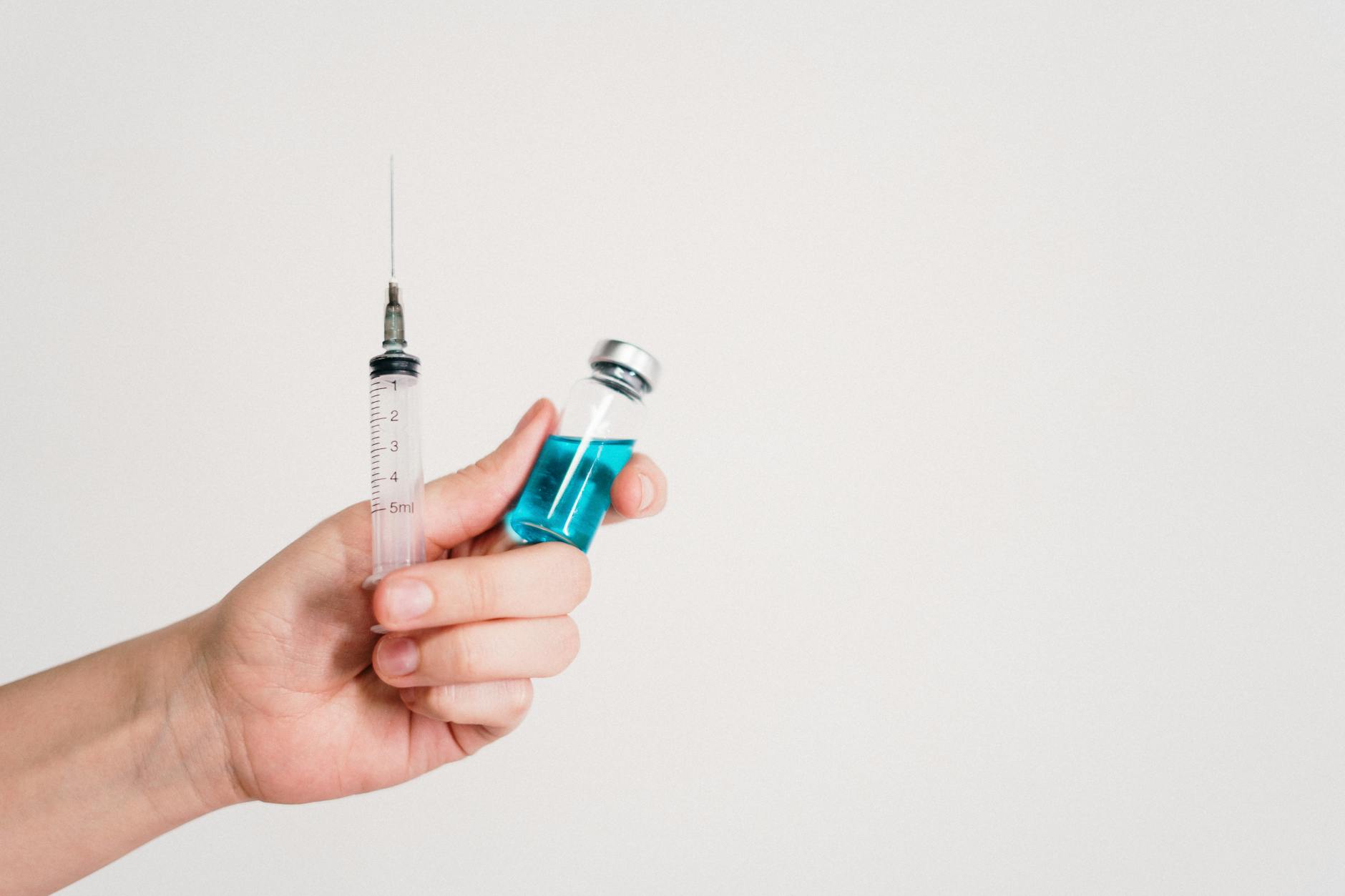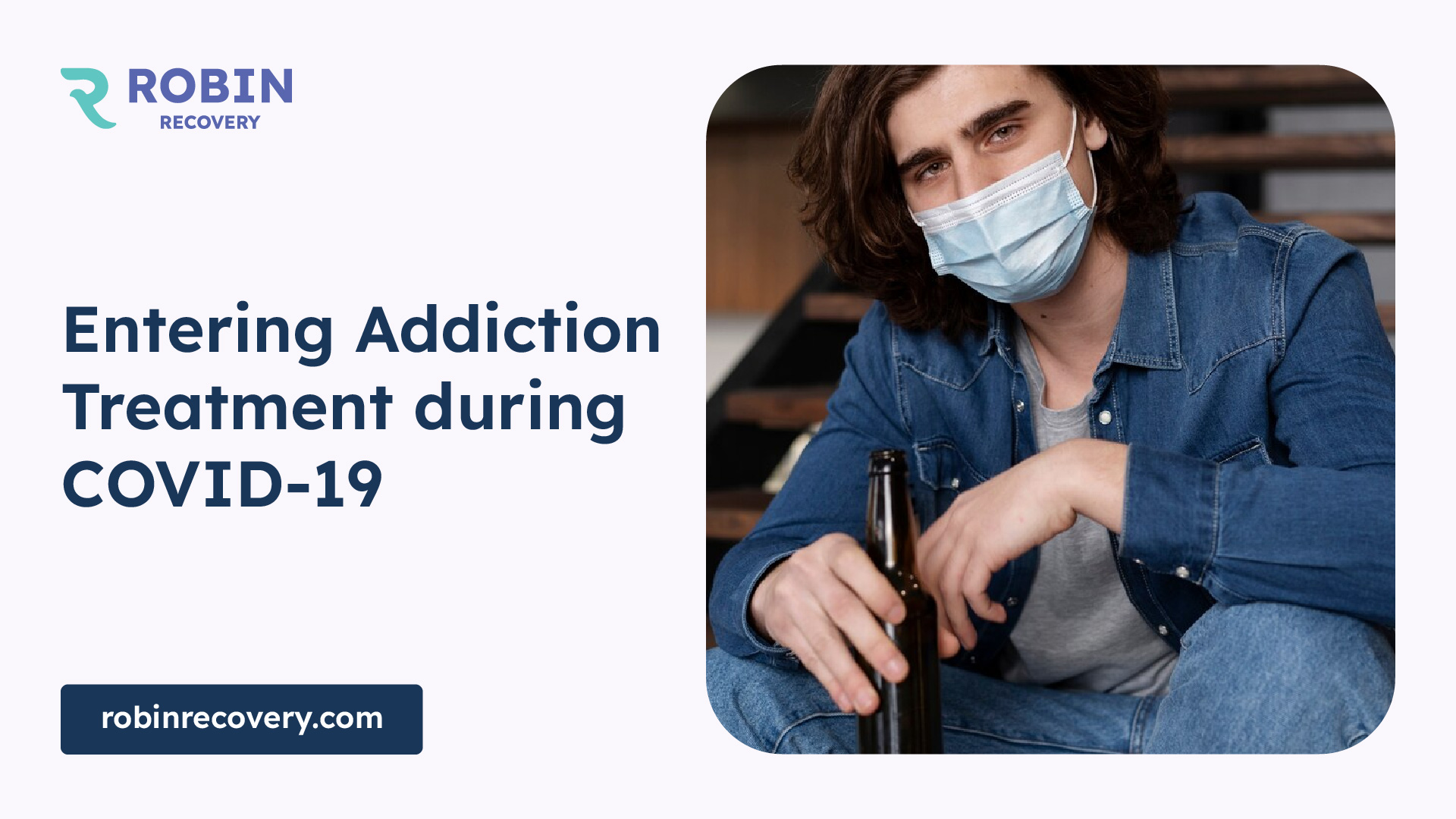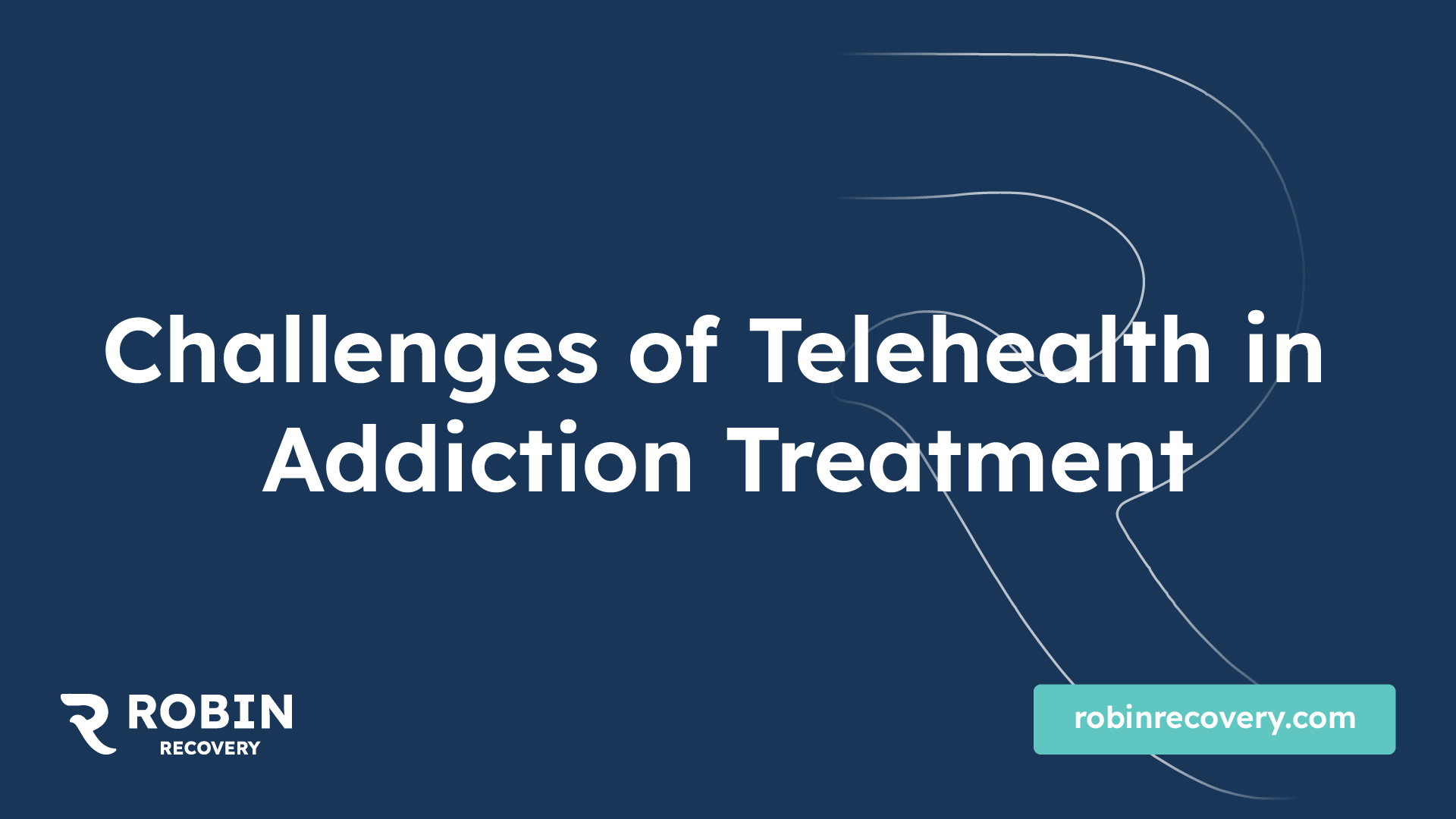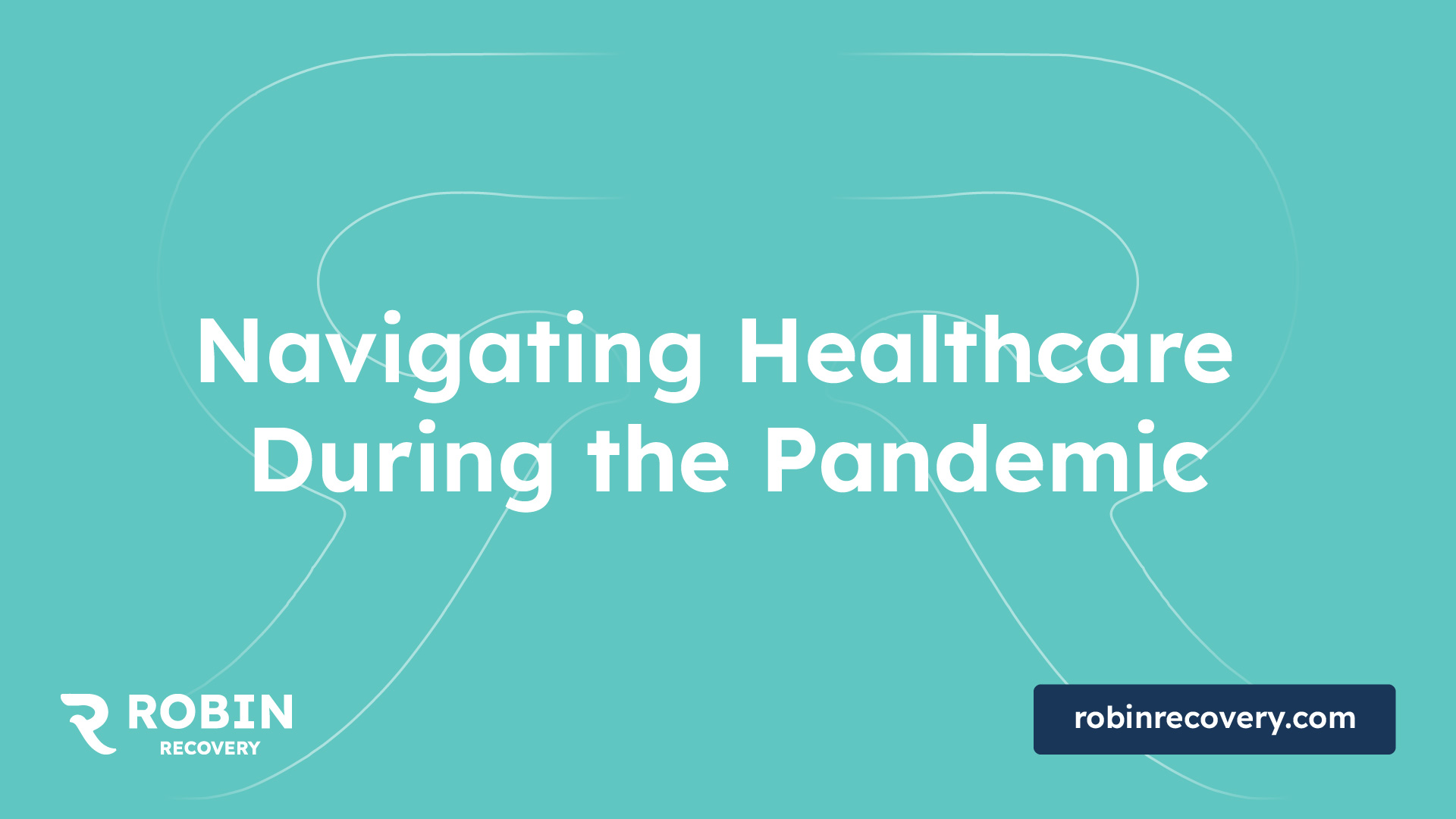Entering Addiction Treatment during COVID-19


Understanding Telehealth Benefits
In the midst of the coronavirus pandemic, accessing healthcare has become more challenging. However, telehealth has emerged as a valuable tool in the delivery of healthcare services, offering individuals the opportunity to seek treatment remotely and manage their healthcare using digital information and communication technologies [1]. In this section, we will explore the benefits of telehealth, including remote access to healthcare and the use of digital communication technologies.
Remote Access to Healthcare
Telehealth allows individuals to access healthcare services remotely, regardless of their location. This is particularly beneficial for individuals residing in rural areas or those who may have limited access to healthcare facilities [2]. Through telehealth, people can connect with healthcare providers, mental health counselors, or nurses via online video or phone chats, known as virtual visits. These virtual visits can cover a wide range of conditions, including mental health concerns, chronic diseases, and even COVID-19 [2]. By eliminating the need for in-person visits, telehealth reduces the risk of COVID-19 transmission and ensures the safety of both patients and healthcare providers.
Digital Communication Technologies
Digital communication technologies play a crucial role in facilitating telehealth services. These technologies include computers, mobile devices, and online platforms that enable individuals to connect with healthcare professionals. Through these platforms, patients can securely communicate with their healthcare providers, share medical information, and receive guidance on managing their health conditions remotely [2]. The convenience of digital communication technologies allows individuals to seek healthcare from the comfort of their homes, minimizing the need for travel and reducing wait times.
Telehealth is not limited to video or phone consultations. It also enables remote monitoring of patients' health by healthcare providers. This technology allows for better coordination of care, as healthcare professionals can monitor patients' vital signs, track their progress, and make necessary adjustments to their treatment plans. Remote monitoring reduces the need for in-person referrals to specialists, shortens wait times, and ensures that patients receive timely and appropriate care.
By embracing telehealth, individuals can overcome barriers to accessing healthcare during the pandemic. The utilization of digital communication technologies and remote access to healthcare services through telehealth have become increasingly common, providing a safe and effective way for individuals to seek treatment. Whether it's for mental health support, chronic disease management, or general medical consultations, telehealth offers a convenient and accessible solution for individuals in need of healthcare services.
Utilizing Telehealth for Addiction Treatment
In response to the challenges posed by the coronavirus pandemic, telehealth has emerged as a valuable tool in the delivery of healthcare services, including addiction treatment. Telehealth technologies have enabled healthcare providers to offer virtual visits and remote monitoring, providing individuals with access to essential addiction treatment services from the safety and convenience of their own homes.
Virtual Visits for Mental Health
Virtual visits through telemedicine have become more common, allowing individuals to receive mental health counseling and support via online video or phone chats. This form of telehealth communication covers a wide range of mental health conditions, including depression, anxiety, and substance use disorders [2]. The ability to connect with mental health professionals remotely has provided individuals in Ohio with continued access to crucial addiction treatment services during these challenging times.
The utilization of telehealth services for mental health support has seen a significant increase during the pandemic. In the United States, people have utilized telehealth services for mental health at a rate twelve times higher than in the United Kingdom. This surge in virtual mental health visits demonstrates the effectiveness and convenience of telehealth in delivering addiction treatment services.
Remote Monitoring Benefits
Telehealth technologies also enable remote monitoring of patients' health by healthcare providers. Through these tools, healthcare providers can monitor the progress and well-being of individuals undergoing addiction treatment. This remote monitoring allows for better coordination of care and potentially reduces the need for in-person visits or referrals to specialists, leading to shorter wait times and eliminating the need for patients to travel long distances for appointments.
The benefits of remote monitoring extend beyond convenience. Research has shown that there are generally small differences in healthcare utilization and clinical outcomes between in-person and telehealth care. In fact, telehealth visits have been associated with lower rates of missed appointments and changes in therapy or medication, as well as higher rates of therapy or medication adherence compared to in-person care.
By utilizing telehealth for addiction treatment, individuals in Ohio can access necessary mental health support and benefit from remote monitoring, allowing for effective and convenient care. The continued use of telehealth services during the pandemic ensures that individuals seeking addiction treatment can receive the support they need while minimizing the risk of COVID-19 transmission.

Challenges of Telehealth in Addiction Treatment
While telehealth has emerged as a valuable tool in the delivery of healthcare services during the COVID-19 pandemic, there are specific challenges when it comes to utilizing telehealth in the context of addiction treatment.
Gaps in Care
One of the challenges of telehealth in addiction treatment is the potential for gaps in care. While telehealth offers remote access to healthcare, it may not fully replace the benefits of in-person treatment. Certain aspects of addiction treatment, such as hands-on assessments or procedures, may be more challenging to conduct through virtual visits. The absence of in-person interaction may also limit the ability of healthcare providers to fully assess the patient's condition and provide comprehensive care and support.
Furthermore, the nature of addiction treatment often involves a multidisciplinary approach, with various healthcare professionals working together to address the physical, mental, and emotional aspects of addiction. The coordination and collaboration between these professionals can be more challenging in a telehealth setting, potentially leading to gaps in the continuity of care.
Insurance Coverage Issues
Insurance coverage for telehealth services in addiction treatment can also be a significant challenge. While the COVID-19 pandemic has prompted many insurance companies to expand coverage for telehealth visits, there may still be limitations and disparities in coverage. Some insurance plans may not fully cover telehealth services or may have restrictions on the types of services eligible for coverage.
Additionally, the availability of insurance coverage for telehealth services can vary depending on the individual's specific insurance plan and provider. This can create barriers for individuals seeking addiction treatment, particularly those who rely on insurance coverage to manage the costs associated with their treatment.
To overcome these challenges, it is essential for individuals seeking addiction treatment to thoroughly understand their insurance coverage and inquire about any potential limitations or restrictions on telehealth services. Exploring other options such as samhsa grants for substance use treatment can also help individuals access the necessary treatment and support.
Despite the challenges, telehealth remains a valuable resource in addiction treatment, providing individuals with remote access to healthcare professionals and support. By addressing the gaps in care and advocating for comprehensive insurance coverage, the field of addiction treatment can continue to adapt and evolve to meet the needs of individuals seeking treatment during these challenging times.
Impact of Fear on Seeking Treatment
The fear surrounding the COVID-19 pandemic has had a significant impact on individuals seeking addiction treatment. It is important to explore the gender disparities and socioeconomic influences on fear levels to better understand these effects.
Gender Disparities in Fear Levels
Studies have shown that women tend to experience higher levels of fear related to contracting COVID-19 compared to men. For example, in Chile, fear of COVID-19 increased by 89% in women and 30% in men within the first one and a half months of the pandemic [5]. This heightened fear may contribute to women's reluctance to seek addiction treatment during these challenging times.
Understanding the gender disparities in fear levels is essential in addressing the barriers that prevent women from accessing necessary addiction treatment services. Providing reassurance, education, and support can help alleviate these fears and encourage women to seek the help they need.
Socioeconomic Influence on Fear
Fear levels related to COVID-19 are also influenced by socioeconomic factors. Individuals from lower-income groups tend to experience higher levels of fear compared to those from higher-income groups. Additionally, individuals with a higher level of education tend to have lower levels of fear compared to those with a lower level of education.
These socioeconomic influences on fear can create additional barriers for individuals seeking addiction treatment. Limited financial resources and lack of education may contribute to heightened fear and reluctance to seek treatment. It is crucial to address these disparities and provide accessible resources and support to ensure that everyone has the opportunity to receive the necessary treatment during these challenging times.
Understanding the impact of fear on seeking treatment is essential for healthcare providers and policymakers. By addressing gender disparities and socioeconomic influences, appropriate measures can be taken to alleviate fear and encourage individuals to seek the addiction treatment they need. To find addiction treatment options near you, visit our article on alcohol addiction treatment near me. Couples seeking treatment together can also explore couples drug treatment centers near me.

Navigating Healthcare During the Pandemic
During the ongoing coronavirus pandemic, individuals seeking healthcare, including addiction treatment, have faced unique challenges. Navigating the healthcare system during these uncertain times requires careful consideration of the risks and benefits. In this section, we will explore the impact of the pandemic on delayed medical care and overcoming fear to seek treatment.
Delayed Medical Care Statistics
According to the Centers for Disease Control and Prevention (CDC), approximately 40.9% of U.S. adults reported delaying or avoiding any medical care due to COVID-19 concerns, including routine care as well as urgent or emergency care. This hesitation to seek medical care is influenced by fear of potential exposure to the virus and evolving local and state recommendations.
Specifically, 12.0% of adults avoided urgent or emergency care due to COVID-19 concerns. Certain groups, such as unpaid caregivers for adults, individuals with underlying medical conditions, and minority populations, were more likely to avoid urgent or emergency care.
The pandemic has had a significant impact on outpatient care, with visits to ambulatory care practices declining by nearly 60 percent initially. While visits have rebounded since early April, they are still approximately a third lower than pre-pandemic levels. The rebound in provider visits is primarily due to more in-person appointments rather than telemedicine visits [6].
Overcoming Fear to Seek Treatment
Fear of COVID-19 has led many individuals to delay or avoid seeking medical care, including addiction treatment. However, it is important to highlight that addiction is a serious health condition that requires timely and appropriate treatment. Overcoming fear is crucial to ensure that individuals receive the necessary care and support they need.
Reassurance, education, and support play vital roles in encouraging individuals to seek medical care, including addiction treatment, during these challenging times. Healthcare providers and addiction treatment centers are implementing rigorous safety protocols to protect patients and staff from COVID-19 transmission. These measures include strict infection control measures and following recommendations from health authorities.
It is essential to remember that seeking treatment for addiction is a courageous step towards recovery. If you or someone you know is struggling with addiction, don't let fear hold you back. Reach out to alcohol addiction treatment centers near you or couples drug treatment centers to explore available treatment options. Additionally, SAMHSA grants for substance use treatment are available to assist individuals in accessing the care they need [7].
By overcoming fear and seeking treatment, individuals can embark on a path of recovery and regain control of their lives. Remember, addiction treatment providers are committed to ensuring the safety and well-being of their patients, even during the COVID-19 pandemic.
Ensuring Safety in Treatment Facilities
When entering treatment during the coronavirus pandemic, it's crucial to prioritize the safety and well-being of individuals seeking addiction treatment. Treatment facilities must implement strict infection control measures and adhere to recommendations provided by healthcare authorities to minimize the risk of COVID-19 transmission. In this section, we will explore the importance of infection control measures and provide recommendations for healthcare facilities.
Infection Control Measures
To safeguard the health of patients and staff members, treatment facilities should consider the following infection control measures:
- Vaccination: The Centers for Disease Control and Prevention (CDC) recommends encouraging everyone to remain up to date with all recommended COVID-19 vaccine doses when entering treatment during the coronavirus pandemic. Vaccination plays a crucial role in minimizing the spread of the virus.
- Source Control: Facilities should enforce the use of well-fitting facemasks or cloth masks for individuals in healthcare settings, including those entering treatment during the coronavirus pandemic. Source control measures help prevent the release of respiratory droplets that may contain the virus.
- Respiratory Protection: As SARS-CoV-2 transmission in the community increases, healthcare facilities should consider implementing broader use of respirators and eye protection by healthcare personnel during patient care encounters. This precautionary measure is especially important for individuals entering treatment during the coronavirus pandemic.
- Exposure Management: Healthcare facilities should have a plan for investigating and managing SARS-CoV-2 exposures among healthcare personnel and others. This includes expanded testing of healthcare personnel and patients if healthcare-associated transmission is suspected. Swift response and appropriate testing are crucial for those entering treatment during the coronavirus pandemic.
- Cleaning and Disinfection: Regular and thorough cleaning and disinfection of high-touch surfaces is essential to prevent the spread of the virus. The CDC recommends that healthcare facilities consider assigning daily cleaning and disinfection of these surfaces to nursing personnel who will already be in the room providing care to the patient. This measure helps ensure a safe environment for individuals entering treatment during the coronavirus pandemic.
Recommendations for Healthcare Facilities
To provide a safe environment for individuals entering treatment during the coronavirus pandemic, healthcare facilities should consider the following recommendations:
- Ventilation: Facilities should ensure proper ventilation to minimize the risk of COVID-19 transmission. Adequate airflow and ventilation systems can help reduce the concentration of viral particles in the air, making it less likely for the virus to spread.
- Physical Distancing: Healthcare facilities should implement measures to maintain physical distance between individuals. This includes rearranging waiting areas, treatment rooms, and communal spaces to allow for appropriate distancing.
- Personal Protective Equipment (PPE): Healthcare personnel should have access to appropriate PPE, including masks, gloves, and eye protection. Regular training on proper PPE usage and disposal is crucial to minimize the risk of transmission.
- Education and Communication: Facilities should provide education and regular communication to patients and staff members about COVID-19 prevention measures, symptoms to watch for, and the importance of adhering to infection control protocols.
By implementing these infection control measures and recommendations, healthcare facilities can create a safe environment for individuals seeking addiction treatment during the coronavirus pandemic. It is important to stay informed and follow the guidelines provided by healthcare authorities to protect the health and well-being of both patients and staff members.
References
[1]: https://telehealth.hhs.gov/patients/what-can-be-treated-through-telehealth/
[2]: https://www.mayoclinic.org/healthy-lifestyle/consumer-health/in-depth/telehealth/art-20044878
[4]: https://www.nature.com/articles/s41746-024-01152-2
[6]: https://www.commonwealthfund.org/publications/2020/apr/impact-covid-19-outpatient-visits
